Loveseat
October 29th, 201910/29/2019 These images (yesterday's and today's) come from a moment that now seems like long ago; they are for me a memorial for the beauty known then and now only recalled in memory and in these (sad) images. And then they fit my typical autumnal mood: bittersweet.
Robinson Jeffers lived for many years near Point Lobos and wrote about it often. Here is another of his ruminations: "One light is left us: the beauty of things . . . The immense beauty of the world . . . Look—and without imagination, desire nor dream—directly At the mountains and sea. Are they not beautiful? These plunging promontories and flame-shaped peaks Stopping the sombre stupendous glory, the storm-fed ocean? Look at the Lobos rocks off the shore, With foam flying their flanks . . . is the earth not beautiful? Nor the great skies over the earth? The beauty of things means virtue and value in them. It is in the beholder's eye, not the world? Certainly, It is the human mind's translation of the transhuman Intrinsic glory. It means that world is sound . . ." October 28th, 201910/28/2019 Lone cypress in Pebble Beach Robinson Jeffers: "The beauty of things was born before eyes and sufficient to itself; the heart-breaking beauty Will remain when there is no heart to break for it." I'm not sure about this. I also find some truth in what Jeffers wrote before these lines:
"My friend from Asia . . . creates an ocean more real than the ocean, the salt, the actual Appalling presence, the power of the waters. He believes that nothing is real except as we make it." This is a long-lasting philosophical puzzle, of course. I'm uncertain exactly where I come down here—perhaps between the two views or holding both to have some truth? October 24th, 201910/24/2019 Belden Lane: "Coronado . . . marched with three hundred troops into the Zuni village of Hawikuh in the hot July of 1540. He had come with hopes of fulfilling a dream as old as the Middle Ages and as recent as current rumor—a dream that seven sumptuous cities of gold could be found in the hinterland of this unexplored and unexpended land. He was quickly disappointed, however, finding no precious metals there at all—only Zuni sandstone and a few pieces of turquoise. His eyes traveled over the variegated flaxen colors of the nearby cliffs, the yellow corn growing along the muddy river, and the village's sun-baked adobe in the golden afternoon light, and he saw nothing. The Zuni love of the golden earth as a richness in its own right was an appreciation lost entirely on the sensibilities of a hard-bitten treasure hunter like Coronado."
Monday's and today's posts are variations on one of my favorite adages from Thoreau: It's not about what you look at, but about what you see. Our ideas, our prejudices, our expectations can get in the way of truly seeing what is right there before us. As Lane also says, for the Zunis, "the earth was gold enough." I sometimes, when I'm most awake, feel the same way. October 21st, 201910/21/2019 Stormy weekend, here A long comment, today: While there are those today who are suspicious of science based on a lack of understanding of what science is and does, there are also those who are suspicious of it when scientists make unsupportable claims about certainty (see Wittgenstein's On Certainty about that.) Barry Lopez was with a scientific group in Antartica and wrote the following: "Like most good scientists, John [the group leader] is not entirely convinced of the ultimate authority of the rational mind, and he recognizes the potential for peril in strict cause-and-effect reasoning. He doesn't like the way much of science, particularly laboratory science, discounts awe and mystery . . .
'I had a theology professor once,' I said to John, 'who told us that religion was not about being certain but about living with uncertainty. It was about being comfortable with doubt, and maintaining the continuity of one's reverence for a profound mystery.' 'We gain deeper knowledge,' [John" responded. 'But no guarantee that we're any closer to wisdom.'" I think about this when I am out and about: I am frequently awed by how clouds form, reform, take on shape, interact, appear and disappear. While there are scientific descriptions of some of this, they don't (can't) really get to what one sees when one really looks and allows mystery back into the mix. Science provides (some) knowledge about this, it provides no access to wisdom. The main point I think is this: science is not the only way to see, experience and understand the world. October 08th, 201910/8/2019 After days and days of no rain, we now are finally getting some, and along with that some cooling down, at last. There have been days and days of dryness in "seeing" for me too—finding little of which to make new (satisfactory) images or finding few older images that called out for rethinking and reworking. But with the cooler air and pleasant breezy mornings and evenings—and now with the rain—perhaps my imagination and ability to see anew is being reawakened a bit. This image comes from Wawona, a constructed pioneer village in Yosemite, and for me it is a nostalgic image . . .
October 03rd, 201910/3/2019 In Barry Lopez's Horizon, he reflects on his experiences in various parts of the planet. As part of that reflection, he is led to think about the question of where we are headed. I think this set of comments is worth sharing: "I returned to Australia a year later to dive on the Great Barrier Reef, to immerse myself in the mostly benign waters there, the blazing colors of the tropical fish, the transparency of the water, and the expanse of the coral reefs, in order to remind myself that no matter how steep the spiral of despair might become, beauty without design, without restraint, was all around."
I had a similar response in Yosemite—in a strange way I had the sense that all will be well, all manner of things will be well—whatever happens to our species. Categories |
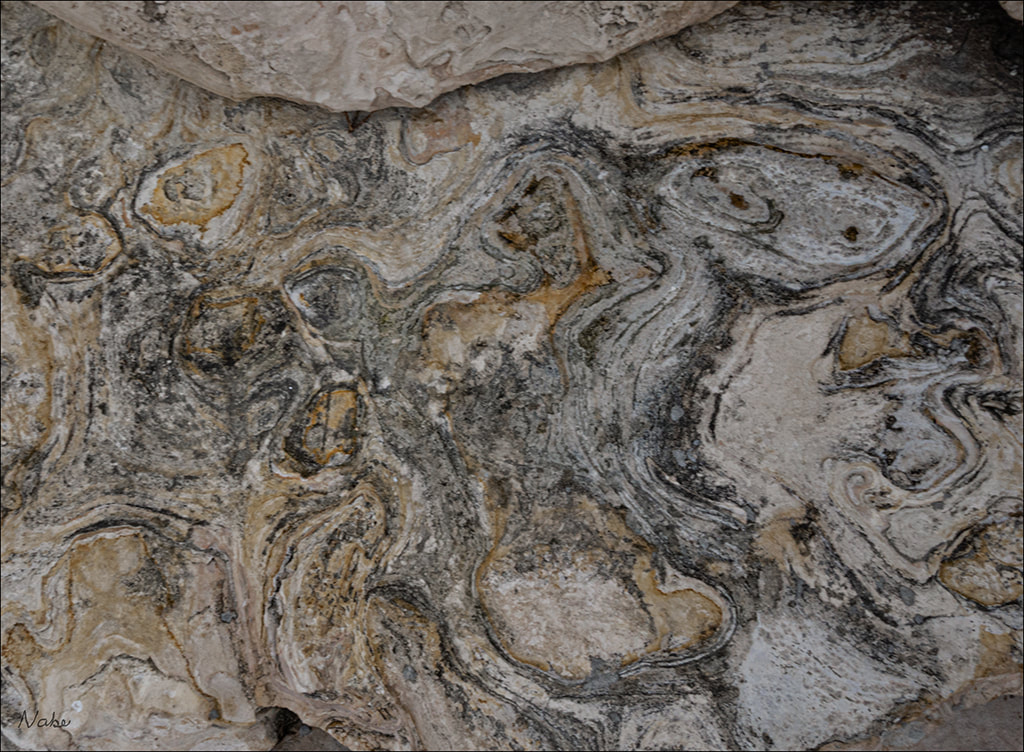
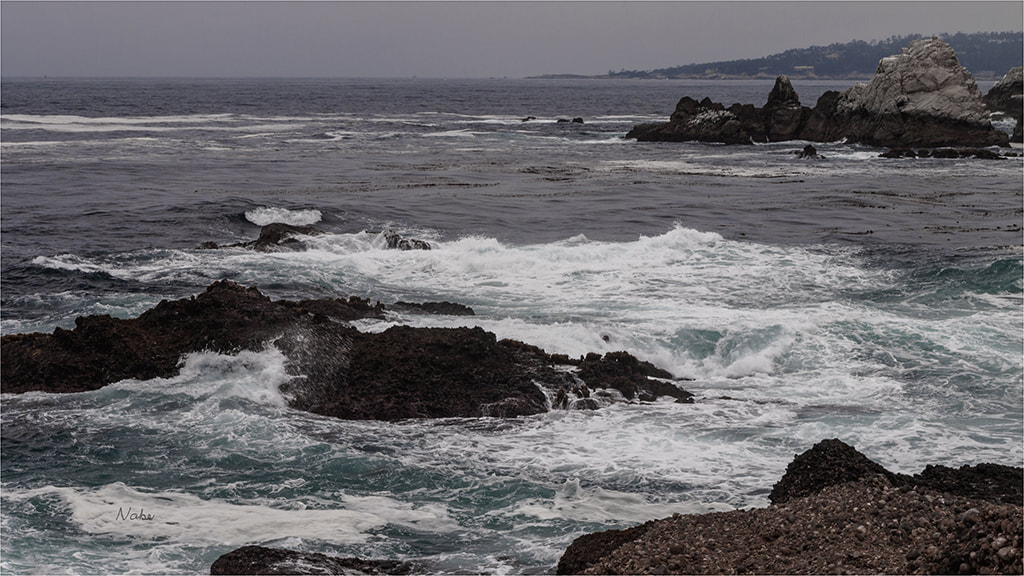
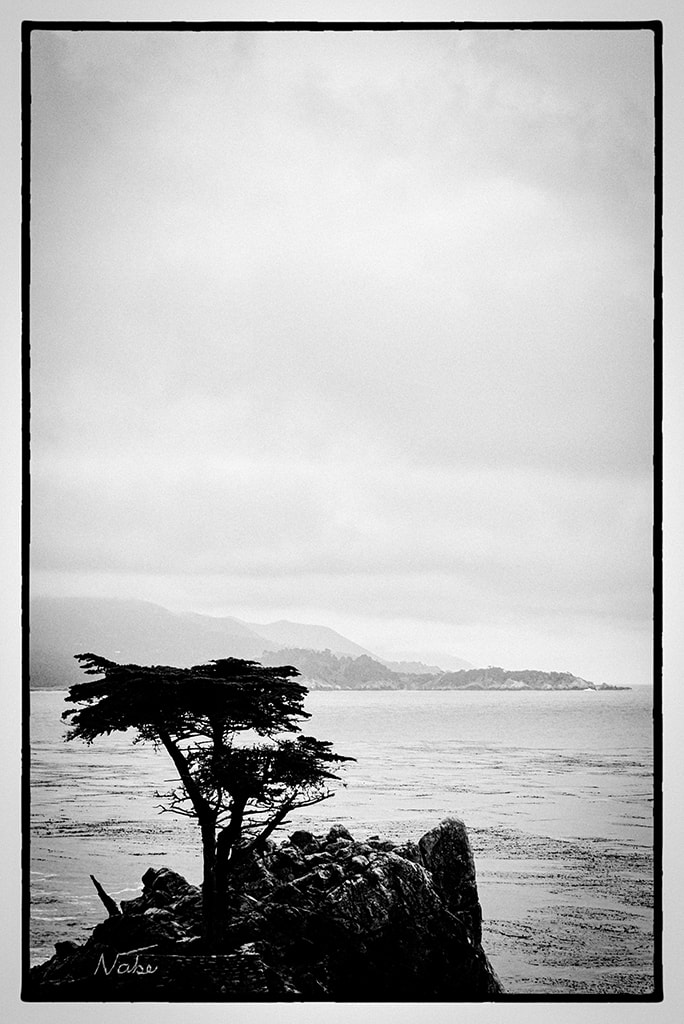
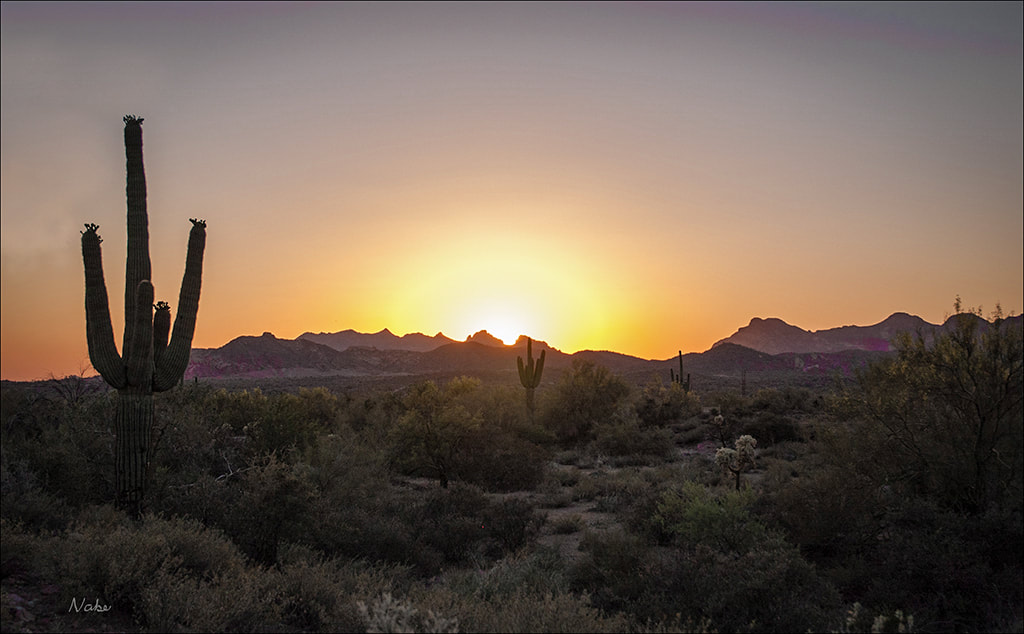
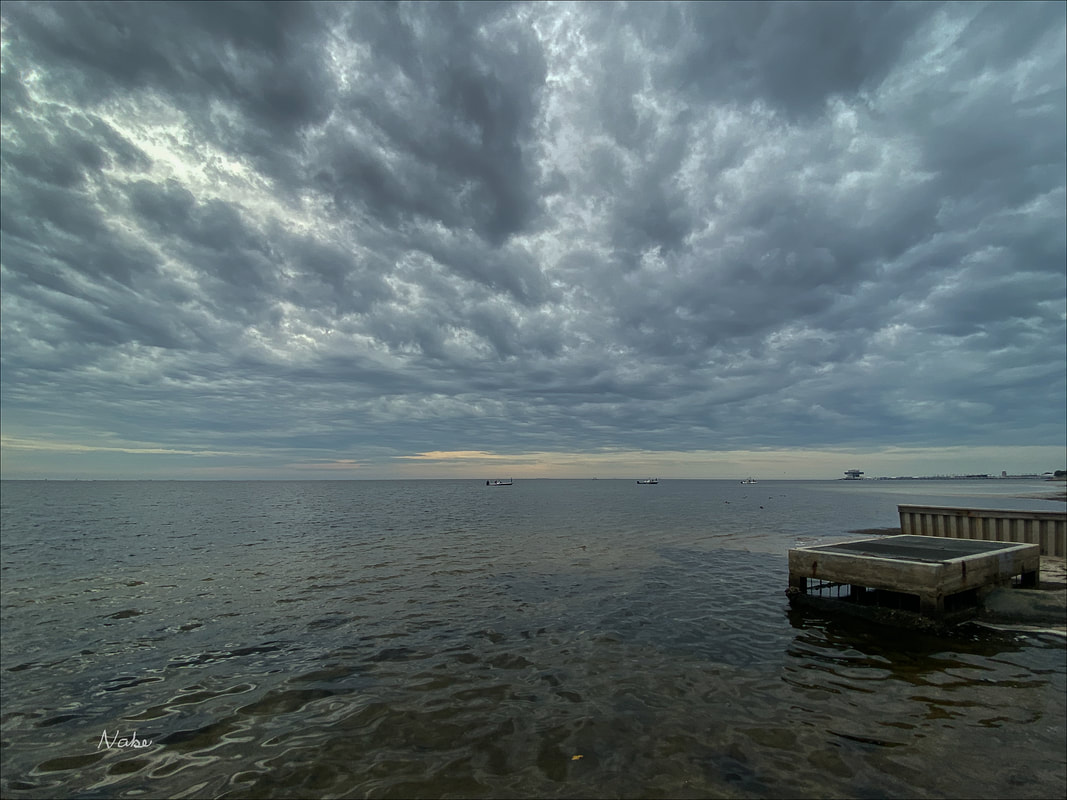
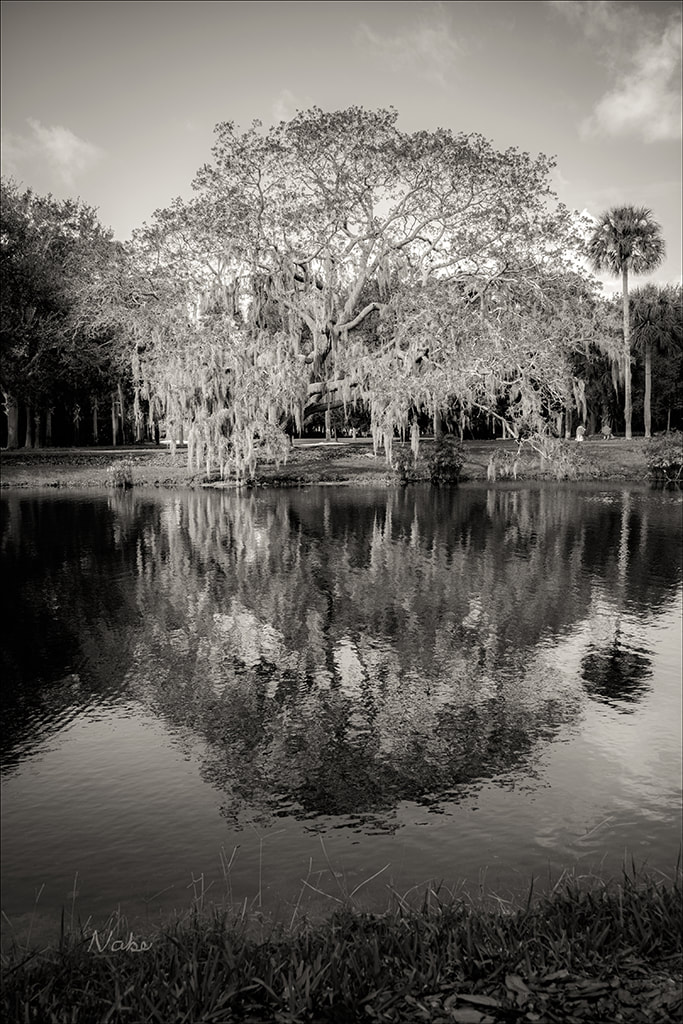
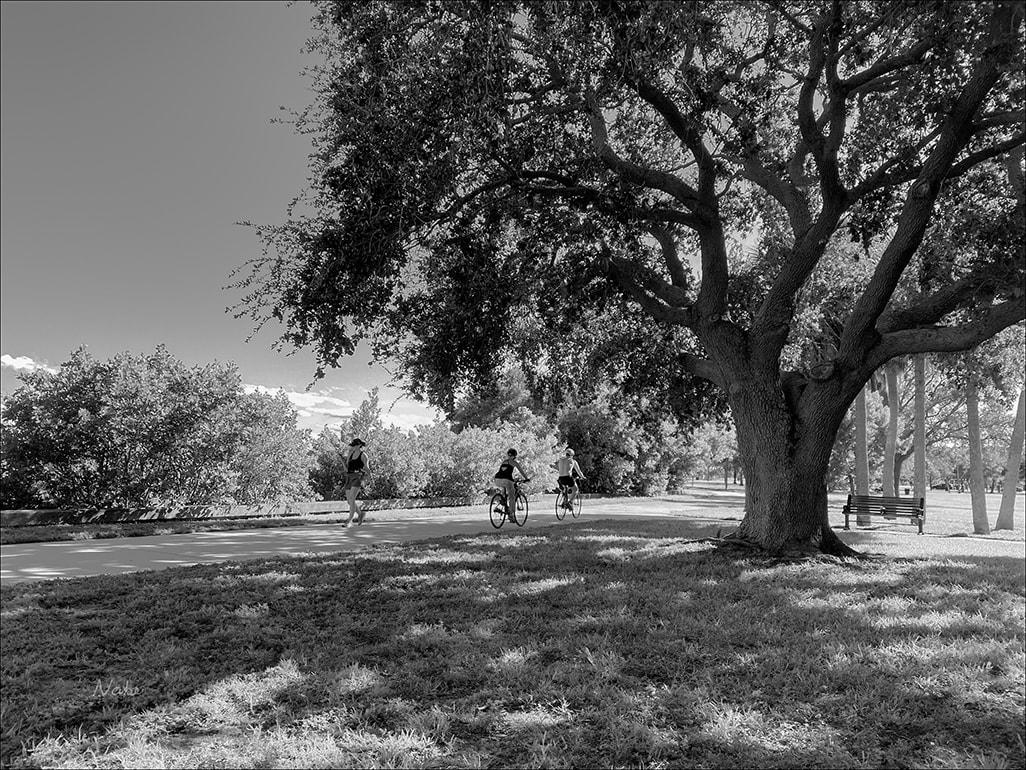
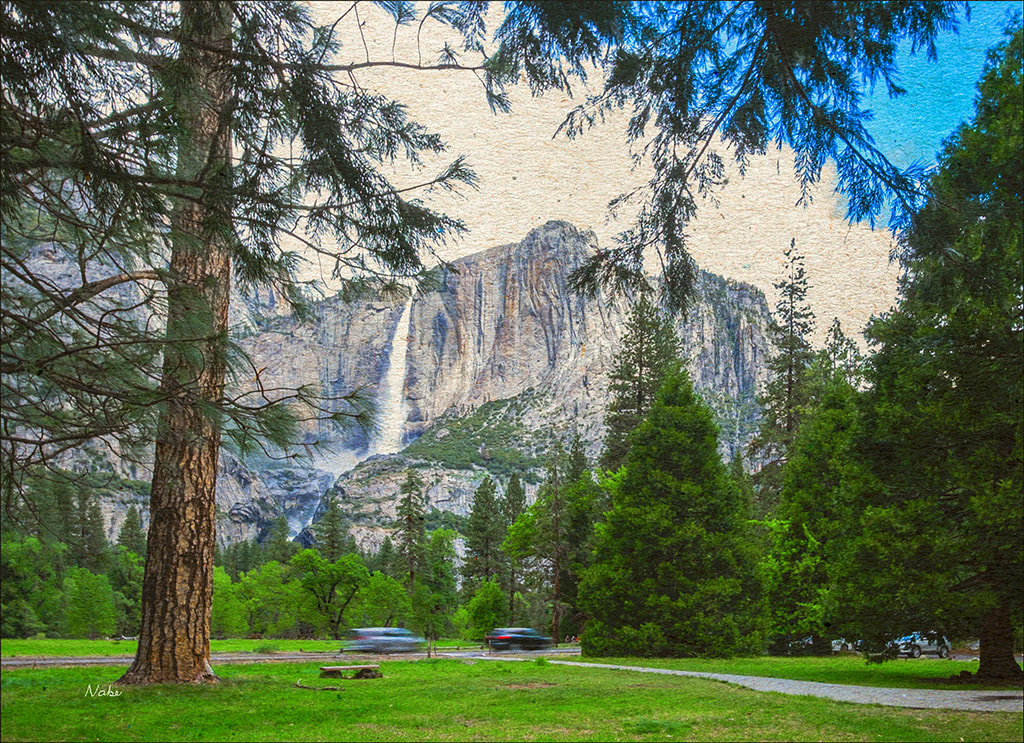
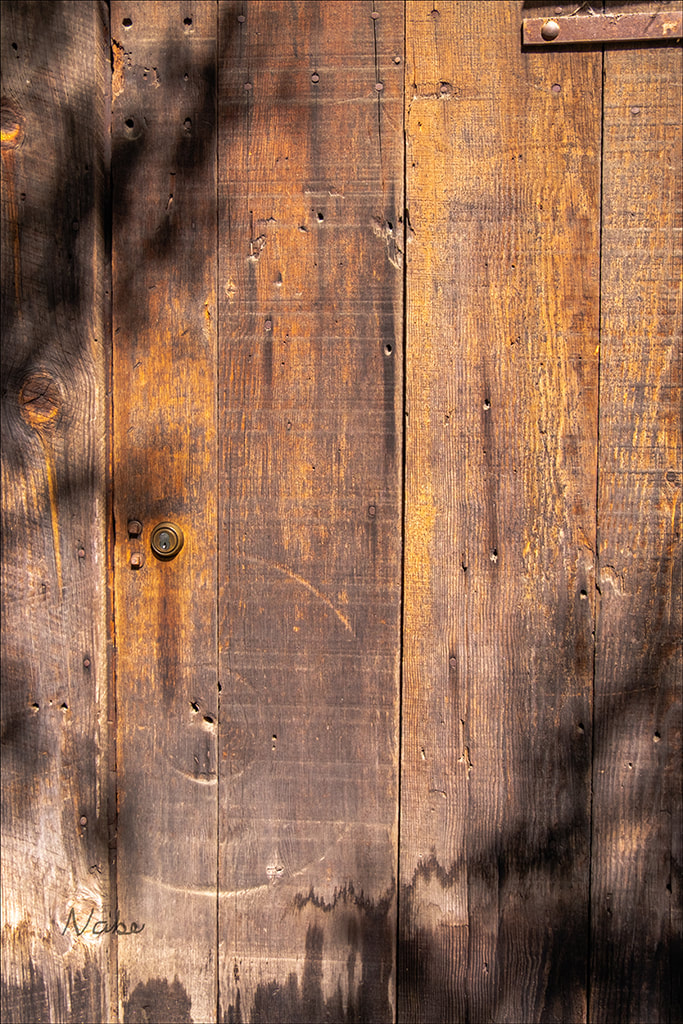
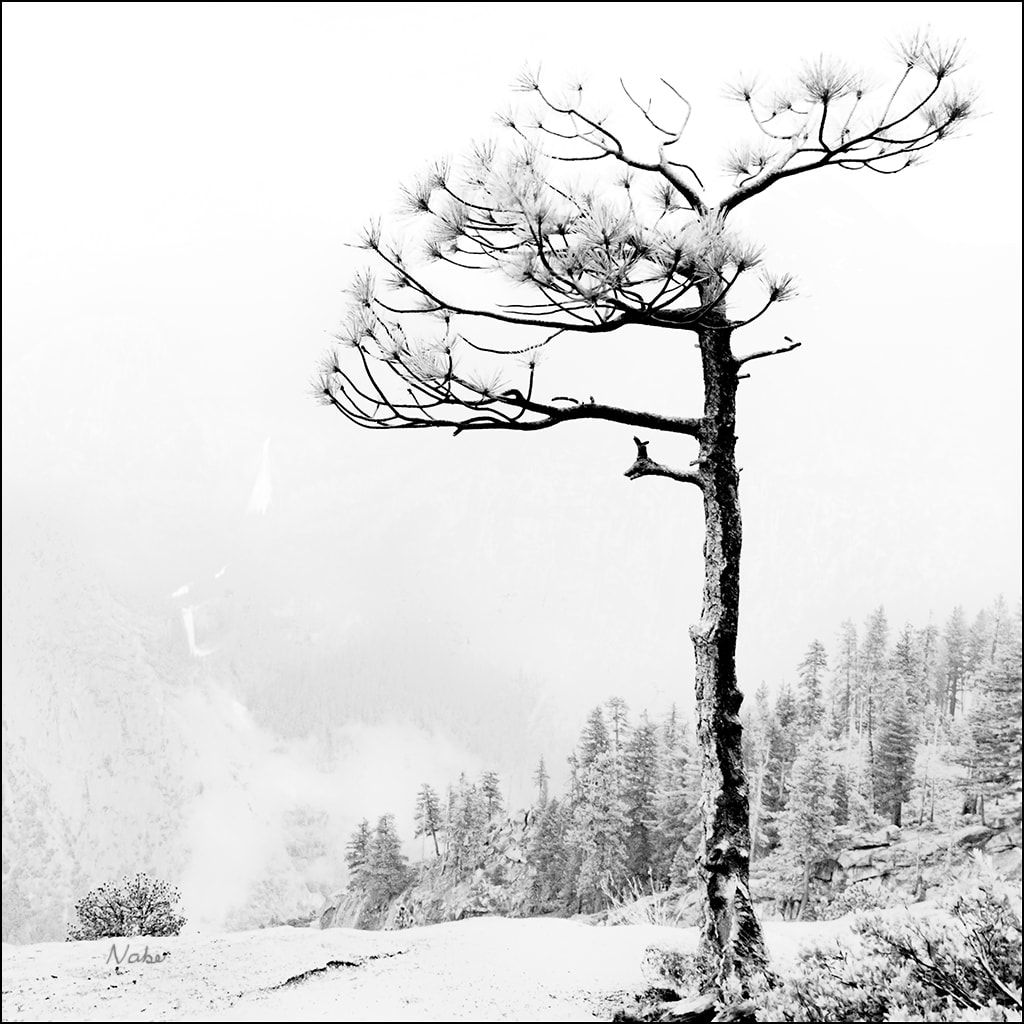
 RSS Feed
RSS Feed